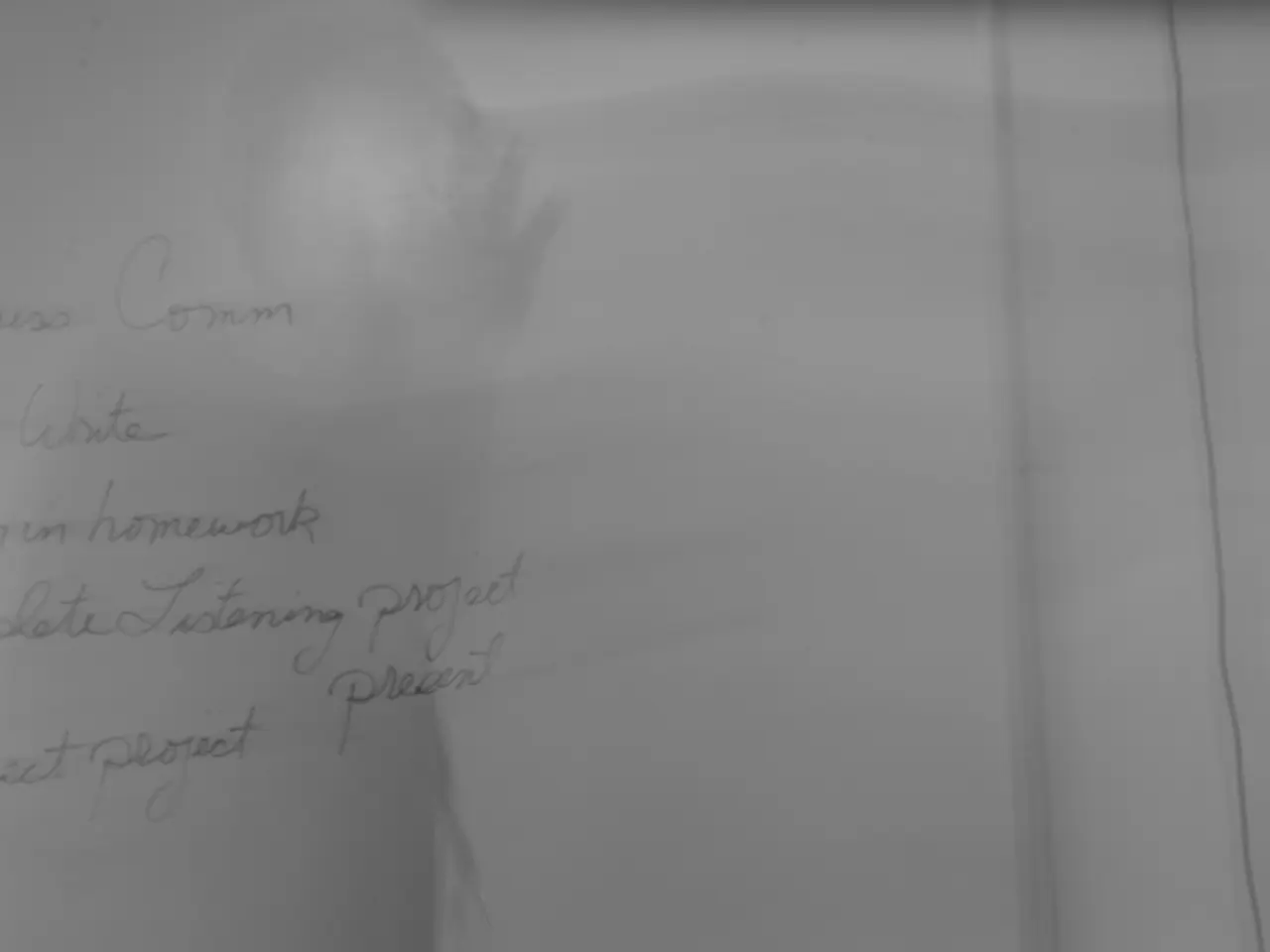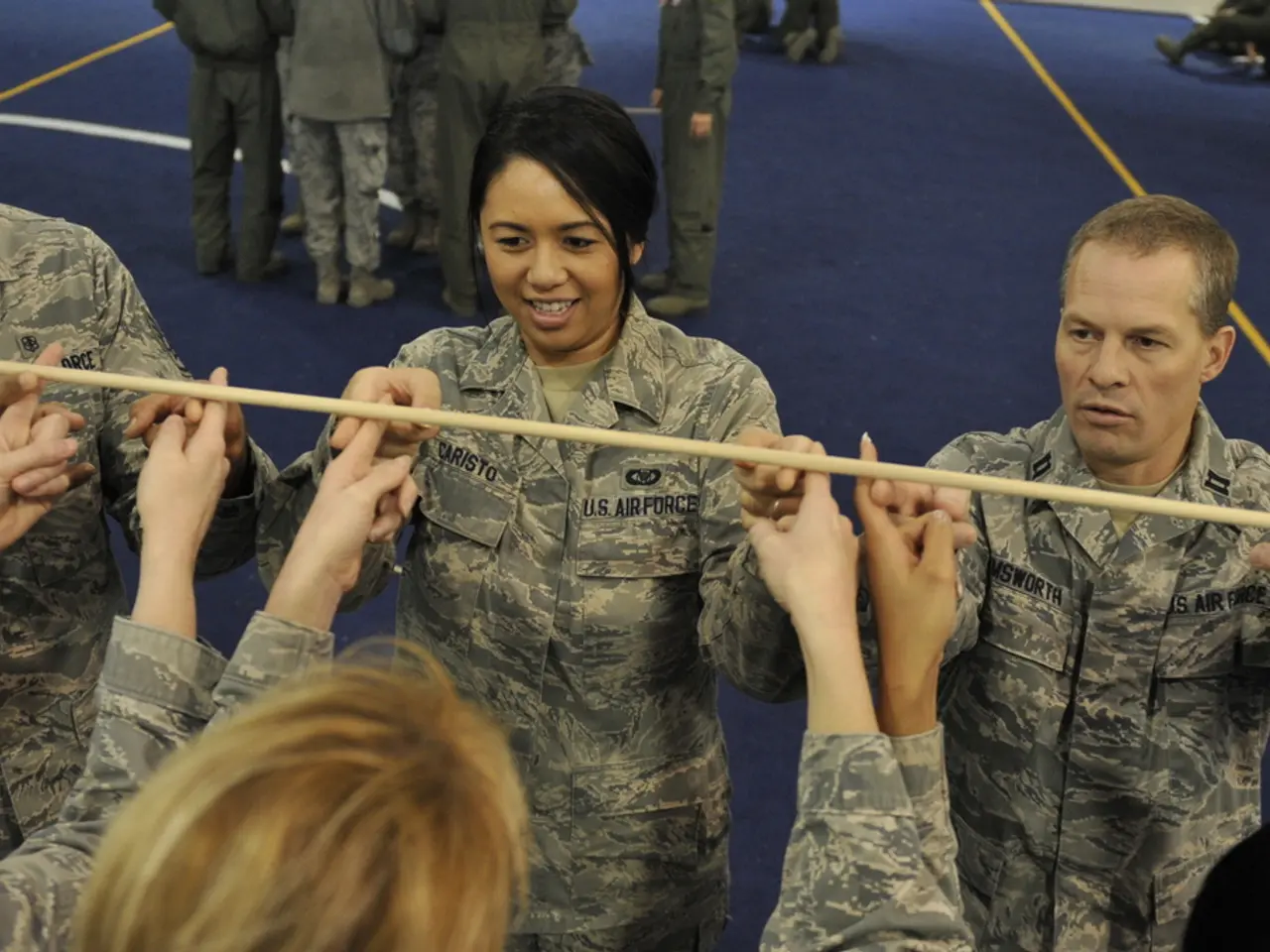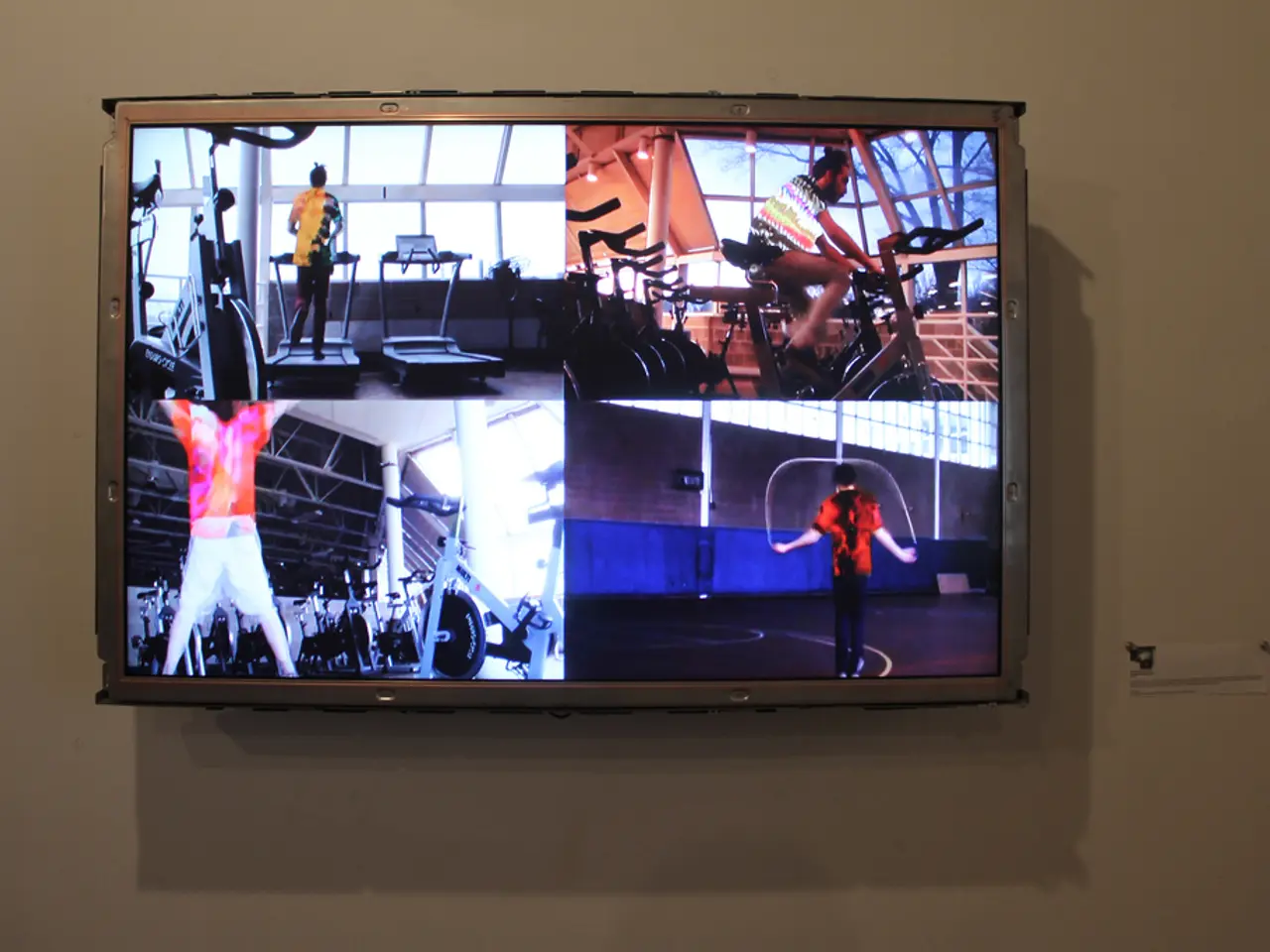College Sports Executive Order Issued by Trump Likely to Have Limited Impact
President Donald Trump has issued an executive order aimed at stabilizing the business and law of college sports, titled "Saving College Sports." The order, while signalling a federal policy intent to regulate pay-for-play and scholarship preservation, faces significant limitations due to its non-legislative nature, pending congressional action, and legal challenges related to antitrust, employment, and equal protection statutes.
The order directs executive branch agencies, particularly the Department of Education, to develop policies within 30 days aimed at preserving college sports opportunities and preventing college athletes from becoming professionalized through pay-for-play schemes. It bans third-party pay-for-play payments but allows athletes to engage in endorsement deals that reflect "fair market value." However, the order cannot create new laws or directly enforce binding rules on colleges or the NCAA; it functions primarily as a policy guideline within the executive branch.
One of the key challenges for the order is the unresolved legal questions about antitrust law, employment classification of athletes, and equal protection issues, especially concerning compensation and benefits. There are ongoing debates about whether athletes should be considered employees, which impacts labor rights and NCAA rules. Additionally, no new congressional legislation has passed to provide a clear federal standard for Name, Image, and Likeness (NIL) deals or pay-for-play regulation, with bills like the SCORE Act stalled in Congress.
The order delegates authority principally to the Education Secretary (Linda McMahon) to use federal funding decisions to enforce compliance, signalling a financial leverage approach rather than a direct regulatory mandate. The administration may also rely on the new College Sports Commission, established by the Power Four conferences, to vet endorsement deals for legitimacy. However, how aggressively these agencies will enforce or interpret the order remains uncertain.
If the SCORE Act passes Congress, Trump would have the chance to sign a college sports act into law, which could stand a stronger chance of sticking than an executive order. It is important to note that the federal government does not control the universe of college sports issues, some of which extend well beyond government control.
The order is not without controversy. Any executive order that leads to college athletes being denied the same rights and opportunities as their classmates would invite an Equal Protection lawsuit. Additionally, restricting athletes' expressions, including through limiting NIL opportunities, could trigger First Amendment and right of publicity litigation.
In summary, while President Trump's executive order on college sports signals a federal policy intent to regulate pay-for-play and scholarship preservation, its practical impact is currently limited by its non-legislative nature, pending congressional action, and significant legal challenges related to antitrust, employment, and equal protection statutes. The order primarily sets a framework for federal agencies to develop enforcement mechanisms over time rather than imposing immediate, binding changes on college sports programs.
[1] Department of Education Fact Sheet: https://www2.ed.gov/about/offices/list/ocr/docs/college-athletes-fact-sheet.pdf [2] Department of Justice Statement of Interest: https://www.justice.gov/opa/press-release/file/1255581/download [3] SCORE Act: https://www.congress.gov/bill/116th-congress/house-bill/2584/text
- The executive order, titled "Saving College Sports," has directed the Department of Education to develop policies within 30 days, with the aim of preserving college sports opportunities and preventing college athletes from being professionalized through pay-for-play schemes.
- As the order faces significant limitations due to its non-legislative nature, pending congressional action, and legal challenges related to antitrust, employment, and equal protection statutes, it primarily sets a framework for federal agencies to develop enforcement mechanisms over time rather than imposing immediate, binding changes on college sports programs.
- The unresolved legal questions about antitrust law, employment classification of athletes, and equal protection issues, particularly concerning compensation and benefits, necessitate careful analysis of the order and its potential implications for education-and-self-development, politics, general-news, and sports.




